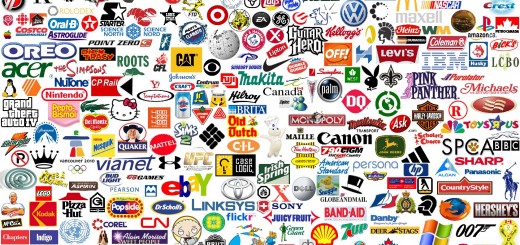Are online advertisers wising up about content quality?
As Gizmodo’s Bryan Menegus explained, the Advertiser-Friendly Content Guidelines, which describe “content that is considered inappropriate for advertising,” have been in place for some time.
But a change to the way Google notifies content creators about videos that run afoul of them has led some to believe that Google is enforcing new rules they weren’t informed about.
Some took to YouTube to complain, and a #YouTubeIsOverParty trending topic emerged on Twitter.
Youtube: This isn’t a policy change, its just a notification/appeal change.
Me: So before you were just turning off ads and not emailing us?— Philip DeFranco (@PhillyD) September 1, 2016
While some popular YouTubers are screaming “censorship!”, that’s really not the case.
Advertisers have a vested interest in ensuring that their ads aren’t associated with content that isn’t in alignment with their brands, and advertisers and YouTube have the right to determine which content is appropriate and desirable for ad-based monetization.
Historically, many advertisers have failed to do a thorough job of policing where their ads are displayed.
This is certainly due in some part to laziness, but also to the increasingly complex online advertising ecosystem.
Programmatic in particular makes it possible for advertisers to buy audiences, but also makes it difficult to control where those audiences are being reached.
Just how bad is the problem?
In some cases, this has seemingly unintended consequences.
Take, for example, MeetMe, which bills itself as “a leading social network for meeting new people in the US.”
MeetMe was sued by San Francisco’s City Attorney Dennis Herrera in 2014 for failing to protect underaged users.
At the time, Herrera stated that “MeetMe has become a tool of choice for sexual predators to target underage victims, and the company’s irresponsible privacy policies and practices are to blame for it.”
He claimed that “dozens of children nationwide have already been victimized by predators who used MeetMe to coerce minors into meeting.”
The case was settled in 2015, but critics of the company, some of whom it should be noted are shorting the company’s stock, claim that MeetMe is still home to questionable content and activity.
One company critic recently claimed that “it took us only minutes to find Tier-1 brand ads attached to sexually explicit / drug-related content on MEET’s mobile app.”
It then helpfully posted screenshots showing ads from brands like Coca-Cola, AT&T, L.L. Bean and Target on pages these brands probably wouldn’t expect to find them…

A MeetMe investor relations presentation refers to companies like Disney, McDonalds, Walmart, Hallmark, Kraft and P&G as “brand partners,” although it’s not clear that the company actually has a direct relationship with these brands.
The company critic suggests that many of these brands are advertisers who purchase ads through third-party ad networks like MoPub, which is owned by Twitter.
It goes without saying that no mainstream brand would consciously choose to display an ad alongside illegal or explicit content, but it can easily happen in today’s online advertising ecosystem.
Reach doesn’t always deliver results
As for YouTube, while it’s not clear that the Google-owned property is “demonetizing” videos at a higher clip, the fact that it is apparently enforcing its Advertiser-Friendly Content Guidelines to some degree hints that advertisers just might be wising up about content quality.
And that’s a good thing.
Sure, content creators might be upset that it will be harder to make money from videos featuring inane rants, vulgar pranks and the like, but they’re not entitled to advertising dollars, and there’s plenty of evidence that advertisers benefit most from true premium content.
A recent comScore study found that ads on premium sites delivered 67% higher average brand lift and the ability of premium content to deliver better results has been observed for years.
So while viral videos with questionable content might deliver eyeballs, advertisers don’t necessarily benefit when they lower their standards to chase reach.
And as more of them come to accept that, it’s possible that content quality will come to be discussed as frequently as, say, viewability.



